QuestionHi Jessica, I was wondering if you have ever come across this type of type of 'strange' I'll call it a problem in cats before?
I have had 3 cats over the past 18 years, 2 of which have passed away now with 1 male DMH male cat I rescued last year from our local humane society. I have never seen this strange bizarre 'problem' before. I have just adopted a DSH female cat last weekend from our humane society who is 1 1/2-2yrs old, spayed had her first shots, tested free of lukemia etc who eats really well and has settled in really well in our home with our other cat. I have noticed that when she is relaxing and resting she has some involuntary movement of the head and chest area where her head moves up and down along with her front legs and top half of her body like she is having some type of involuntary nervous movements. We had her at the vets on monday and explained this and the vet examined her and said her lungs sounded very clear and healthy but just that her heart was racing at 220 beats pm whereas normally it should be 180 but the vet thought that it might be due to nervousness. I am taking Claire (cats name) back to the vets next weekend for her final shots and rabies and I will mention that these movements are still happening. In the meantime, have you ever seen or heard of this before in cats. I was wondering if she had a nervous system disorder? She seems perfectly well otherwise, not coughing, sneezing etc.
I would appreciate any thoughts you might have on this.
Sincerely
Carol
AnswerIs she sleeping when this happens? As you may know, there are 5 stages of sleep. During one stage especially, called Rapid Eye Movement (REM), the muscles of the face and extremities often move involuntarily, and it's all a normal part of sleep. That's nothing to worry about.
If she is fully awake, though, she may have something neurological going on. There's a condition called Cerebellar Hypoplasia (CH), which is an underdevelopment of the cerebellum, the part of the brain that controls motor skills. Kittens are born with CH, nearly always because the mother has been infected with the feline distemper virus during pregnancy. It can cause a barely noticeable tremor, or it can be severely debilitating to the point where the cat can't stand up on its own. I have a cat with mild CH myself, and the only time you can see his tremors is when he's perfectly still (or so he thinks). We named him "Bobble" because his head is always bouncing about.
There are several possibilities when it comes to nervous system problems, including nerve damage from a trauma, infections like toxoplasmosis, and lead poisoning. But one thing that comes to mind because of her increased heart rate is hyperthyroidism. Muscle tremors and eventually loss of muscle mass are common symptoms. While hyperthyroidism is very common in cats, it is pretty rare in young cats. Tends to effect those older than 10 years.
Nevertheless, if the tremors continue to concern you, I'd ask the vet to do a full blood workup, perhaps with a T4 test to check for thyroid function. A lot of times, just running a blood panel can indicate if there is an infection, if there is an issue with organ function, or even if cancer could be a possibility.

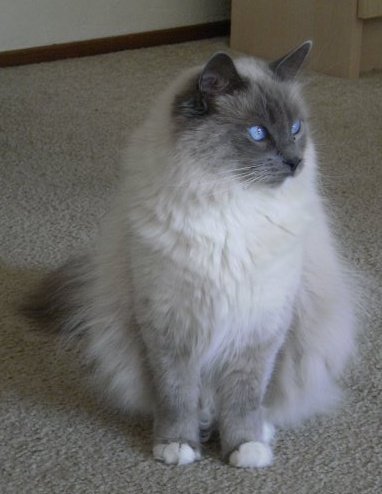 Please help
Questionmy cat
QUESTION: Hi,
I have a Ragdoll ca
Please help
Questionmy cat
QUESTION: Hi,
I have a Ragdoll ca
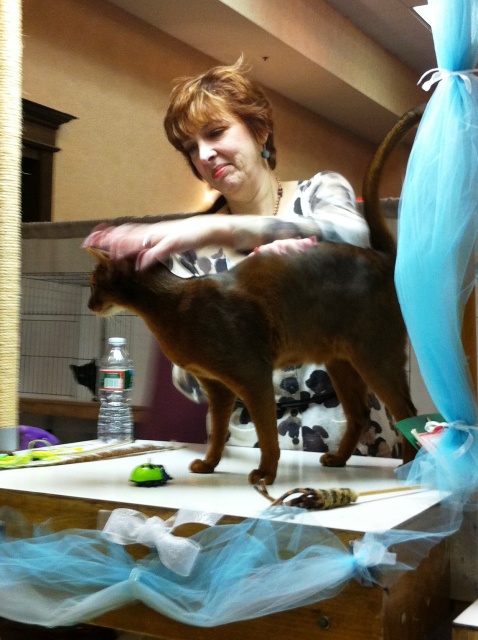 Best weight-loss plan for Abyssinians?
Question
Overweight Aby?
I have a year and 10 month old
Best weight-loss plan for Abyssinians?
Question
Overweight Aby?
I have a year and 10 month old
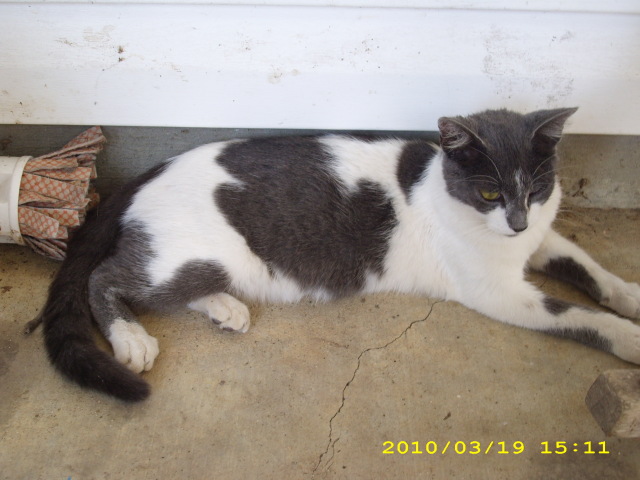 My cat, Spots
QuestionQUESTION: Hi. My cat Spots is a wonderful cat.
My cat, Spots
QuestionQUESTION: Hi. My cat Spots is a wonderful cat.
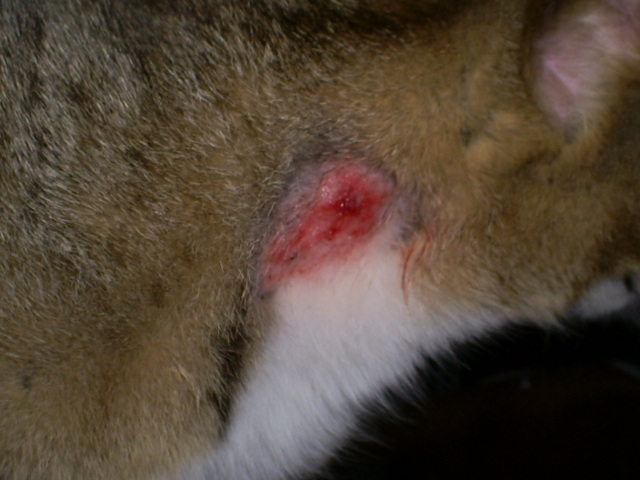 My cat is loosing hair .
Question
A picture of the probl
My cat is loosin
My cat is loosing hair .
Question
A picture of the probl
My cat is loosin
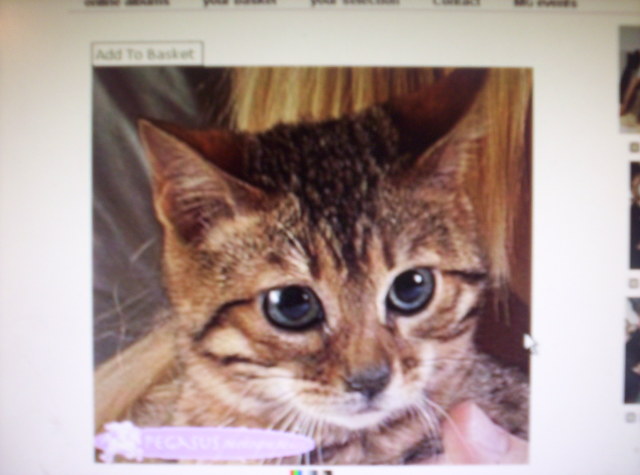 tatty kitten
QuestionQUESTION: Hi i have adopted a bengal kitt
tatty kitten
QuestionQUESTION: Hi i have adopted a bengal kitt